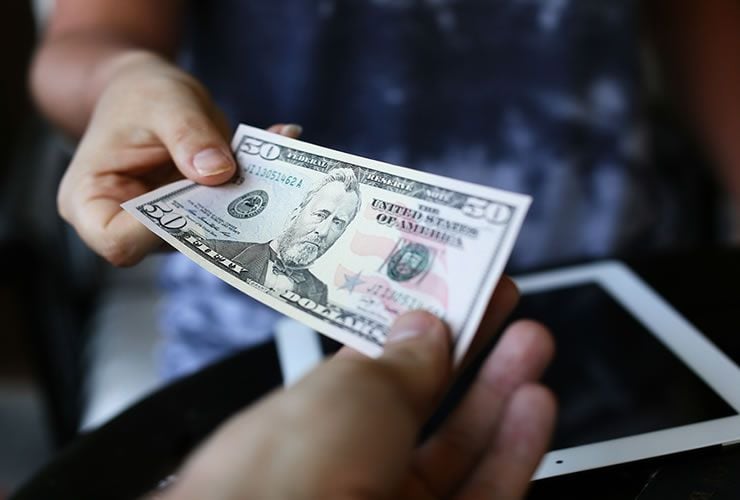Understanding the Big Picture for Currencies in 2018: It's All About Reflation

Inflation around the globe is picking up and inflicting severe loses on bond markets - this has notable implications for foreign exchange markets.
Underpinning current moves in the foreign exchange markets - that appears to broadly work against the US Dollar - is a new paradigm shift in the global financial outlook.
An increasing belief in the dawn of a new era of global growth and rising inflation - the so-called 'great reflation' - have diverted investor attention away from traditional 'sure thing' investments like US Treasury bonds and into riskier emerging market assets as well as high-yielding European assets, which now promise higher returns.
Rising commodity prices and international inflation - both centered in emerging and developed markets such as Europe - are leading global central banks to change their monetary policy focus and instead start to remove their crisis-palliative stimulus cushions, and instead consider raising interest rates, as they see a tidal wave of pent-up inflationary forces potentially lying around the corner.
Money flows to where interest rates are rising so currencies at the vanguard of growth are those whose central banks are at the start of their new tightening cycle, unfortunately, this does not include the US Dollar which is already three rate hikes into its cycle and therefore losing momentum.
There are those who question whether the rally in commodity prices is built on firm fundamentals.
The case is different for each commodity: oil is rising due to OPEC action to reduce supply but is vulnerable to increased supply from US shale production which becomes increasingly profitable the higher the price goes above its break even level of 50 dollars a barrel (it is now at 70).
A recent note from Bank of America Merril Lynch (BofA) highlighted how the +20% rise in nickel has been spurred by falling inventories amidst increasing demand from electric car manufacturers who use the metal in car batteries.
Iron ore and aluminum have both been spurred higher due to Chinese demand for higher quality ores because of new environmental agenda.
Why the US Dollar is Under Pressure in this Environment
A double-whammy of competition from relatively higher yielding investment possibilities overseas and rising inflation in the US is making US Treasury bonds increasingly unattractive as an investment, according to research from Heartwood Investment Management.
This in turn has encouraged a flow of capital out of the United States which puts selling pressure on the Dollar and helps explain why the currency has been one of the worst performing global currencies of the past 13 months.
"Looking forward, we should also consider the US treasury market’s vulnerability to supply and demand pressures," says David Absolom Investment Director at Heartwood Investment Management.
This recently led legendary bond king Bill Gross, the former CEO of laregst bond fund in the world Pimco, to announce that the bond market reversed trend and was now in a bear market.
Heartwood Investment Management too, it appears, are heeding the warning signs and reducing their portfolio of US Treasuries and other western sovereign bonds:
"As central banks step back from supporting financial markets, we expect to see more bond market volatility in 2018... and we believe that our longstanding underweight duration position in developed sovereign markets remains the most prudent stance."
Global central banks are now too - like the Fed has been over recent years - considering raising interest rates - to deal with rising inflation. This makes bonds denominated in their domestic currencies more attractive.
Of course, a large proportion of the buyers of US Bonds are foreign buyers such as the Chinese and if their demand reduces, the US Dollar could be further impacted by a sell-off in bonds, as this will reduce portfolio flows, an important constituent of the nation's balance of payments.
Get up to 5% more foreign exchange by using a specialist provider to get closer to the real market rate and avoid the gaping spreads charged by your bank when providing currency. Learn more here.



